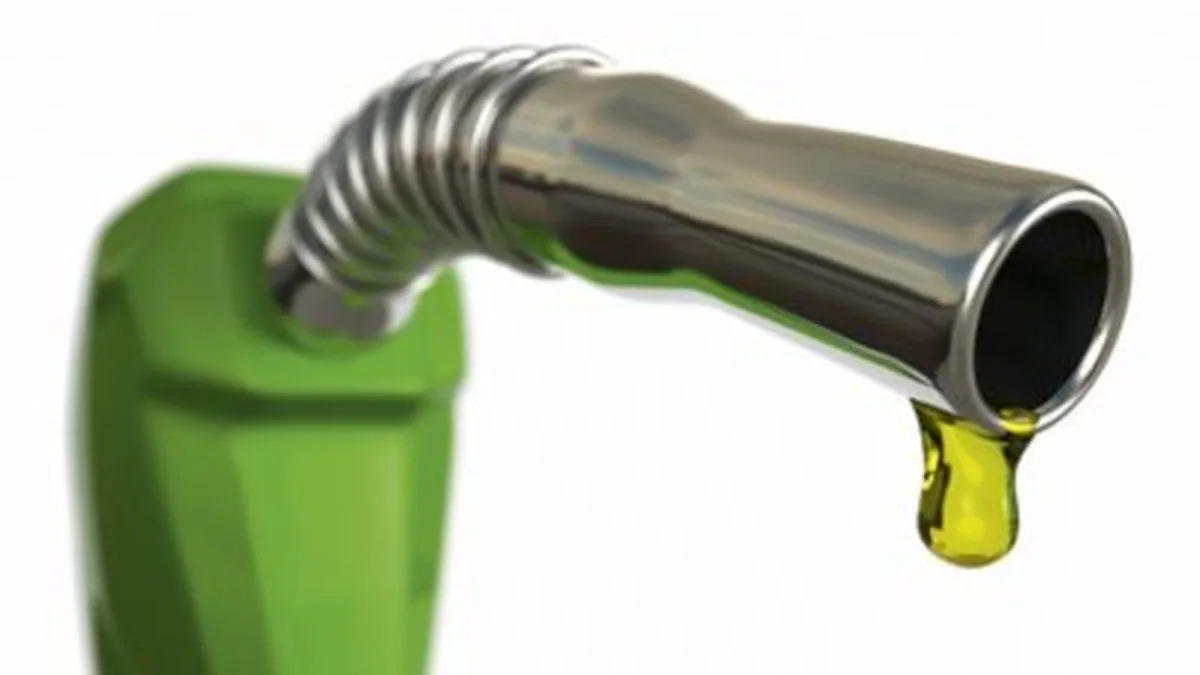Shortly after the crew at Britain's AutoExpress magazine squeezed 50 mpg out a MINI John Cooper Works special, they decided to evaluate the real impact of various factors on fuel consumption. In order to make the test results as accurate as possible, the AutoExpress team headed to the Millbrook Proving Ground, an independent test facility originally built by General Motors. The engineers ran a series of tests over a 7.75 mile loop with varied driving conditions in a Vauxhall Astra. The engineers monitored engine parameters to calculate fuel consumption. For a baseline they ran the loop at an average speed of 29 mph with everything turned off and the windows up. In this condition they recorded an average of 25.4 mpg. They then proceeded to try different combinations such as turning on the air conditioning, lowering the tire pressure to only 20 psi, rolling down the windows, carrying three adult passengers in the back seat and putting on a roof box and bike rack.
All the variables increased fuel consumption to some degree but there were some surprises in the magnitude. With the tire pressures reduced to 20 psi, the mileage dropped just over 0.6 mpg to 24.73 mpg. This may be due to the same factors that Michelin's Bob Massa talked about during the Audi Mileage Marathon. Modern steel belted radial tire construction actually results in very little deformation of the contact patch with tire pressure. Just as pumping up the tires above recommended values would yield little improvement in mileage, so too it seems at least at this pressure it has little impact. Perhaps if the pressure dropped down to 10 psi more difference would be apparent. Check out the rest of the results at AutoExpress.
[Source: AutoExpress]
All the variables increased fuel consumption to some degree but there were some surprises in the magnitude. With the tire pressures reduced to 20 psi, the mileage dropped just over 0.6 mpg to 24.73 mpg. This may be due to the same factors that Michelin's Bob Massa talked about during the Audi Mileage Marathon. Modern steel belted radial tire construction actually results in very little deformation of the contact patch with tire pressure. Just as pumping up the tires above recommended values would yield little improvement in mileage, so too it seems at least at this pressure it has little impact. Perhaps if the pressure dropped down to 10 psi more difference would be apparent. Check out the rest of the results at AutoExpress.
[Source: AutoExpress]


Sign in to post
Please sign in to leave a comment.
Continue